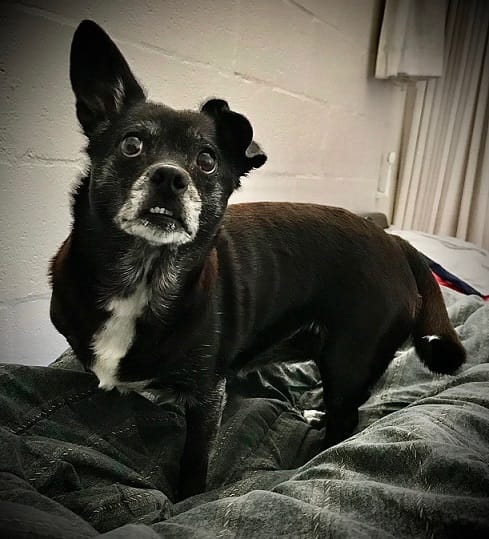Although experts from the World Health Organization (WHO), the Centers for Disease Control (CDC), and Prevention, as well as elsewhere agree that cats and dogs are not at risk of getting the COVID-19 coronavirus nor transmitting it to humans, PETA is offering information about the best ways to care for pets during the COVID-19 coronavirus and keep animal companions and their guardians safe and healthy during this unprecedented outbreak.
PETA recommends the following actions (or non-actions) to keep pets safe and secure during this virus pandemic:
- Never put face masks on animals, as they can cause breathing difficulties.
- Allow animals to move about your home normally—don’t cage or crate them.
- People who are sick or under medical attention for COVID-19 should avoid close contact with animals and have another member of their household care for animals so as not to get the virus on their fur. The coronavirus can be left on animals’ fur, just as it can remain on a doorknob, a handrail, another human hand, or any other surface that an infected person has touched.
- Don’t stockpile unnecessarily—as this could result in shortages for others—but do plan ahead and ensure that you have adequate food and medicine, if needed, for your companion animals (approximately two to three weeks’ worth).
- Assist neighbors who may not be able to shop for their companion animals and donate companion-animal food to food banks.
“Our dogs and cats rely on us to take care of them year-round and especially during times of crisis,” says PETA Senior Vice President of International Campaigns Jason Baker. “PETA is asking everyone to ensure that their animals are still getting healthy food, plenty of exercise, and lots of love.”
PETA—whose motto reads, in part, that “animals are not ours to abuse in any way”—opposes speciesism, which is a human-supremacist worldview.
WHAT TO TAKE AWAY FROM THIS ARTICLE:
- Although experts from the World Health Organization (WHO), the Centers for Disease Control (CDC), and Prevention, as well as elsewhere agree that cats and dogs are not at risk of getting the COVID-19 coronavirus nor transmitting it to humans, PETA is offering information about the best ways to care for pets during the COVID-19 coronavirus and keep animal companions and their guardians safe and healthy during this unprecedented outbreak.
- People who are sick or under medical attention for COVID-19 should avoid close contact with animals and have another member of their household care for animals so as not to get the virus on their fur.
- Don’t stockpile unnecessarily—as this could result in shortages for others—but do plan ahead and ensure that you have adequate food and medicine, if needed, for your companion animals (approximately two to three weeks’.























